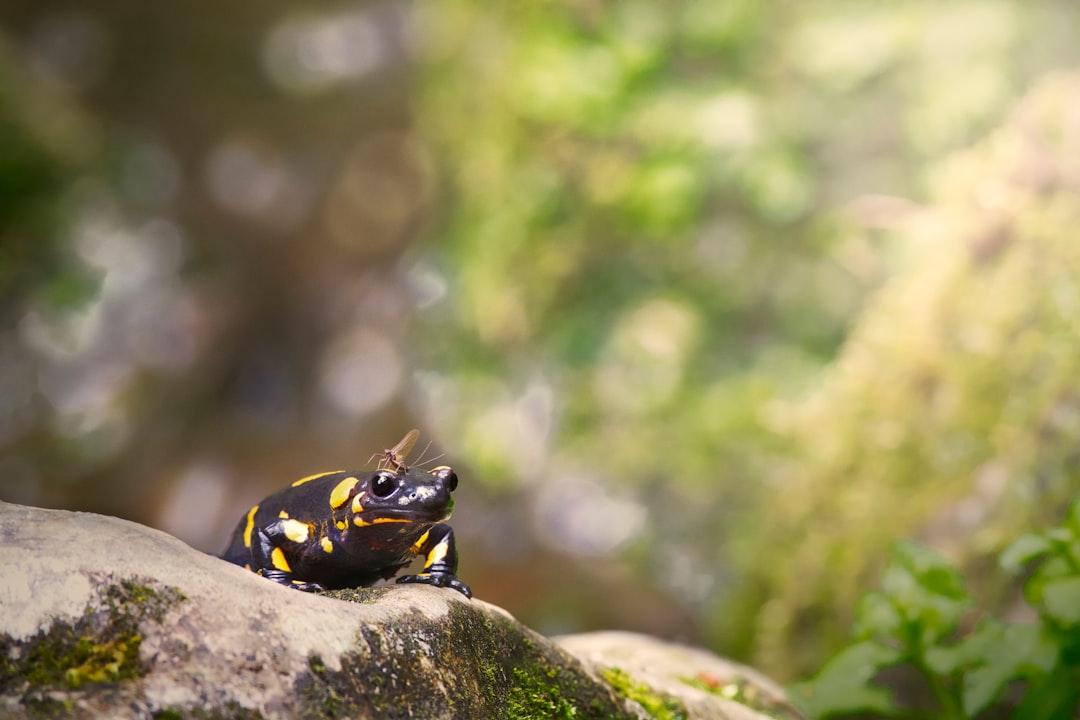What is it about?
Despite being one of the most important hot spots of biodiversity, Borneo has lost half of its primary forest to logging and industrial oil palm. This anthropogenic change has driven shifts in animal diversity and distribution within the landscape. Some species, such as the Asian water monitor lizard, have adapter and become persistent in such fragmented habitats. However, our study demonstrates that, although the species is conspicuous in oil palm habitats, it relies on natural forest, as refugia and source of new individuals. We conclude that the configuration of the landscape has a significant effect on the stability and survival of the Asian water monitor lizard in Northern Borneo, one of the most abundant and largest carnivores in the South East Asian wetlands.
Featured Image

Photo by Erik Karits on Unsplash
Why is it important?
This study presents information on population density, growth and survival rates in forested areas and oil palm plantations to demonstrate the importance of the natural forest in providing better distributed resources for the species survival as well as protection. It also addresses the potential implications for the health of the population, as well as to the composition of prey communities, and highlights the importance of having high-quality forest corridors (not only around oil palm plantations, but also within them) to promote a better connectivity and a healthier distribution of the species within the landscape.
Perspectives
This manuscript is the first of few others (already published or in the process) that aim to tell the story of how one of the most conspicuous, and yet neglected, species in South East Asia has adapted to a highly fragmented landscape, mostly dominated by industrial oil palm plantation. As part of my PhD thesis, the Biawak project (Biawak = Malay word for monitor lizard) resulted in a very exciting adventure where I got to know and learn from these fantastic animals. Furthermore, with this work, I have been able to show the importance of generalist species as model to understand the effect of habitat fragmentation in the health of the ecosystem. After all, no puzzle is complete only with “key” tiles.
Sergio Guerrero Sanchez
City University of Hong Kong
Read the Original
This page is a summary of: The critical role of natural forest as refugium for generalist species in oil palm-dominated landscapes, PLoS ONE, October 2021, PLOS,
DOI: 10.1371/journal.pone.0257814.
You can read the full text:
Contributors
The following have contributed to this page










